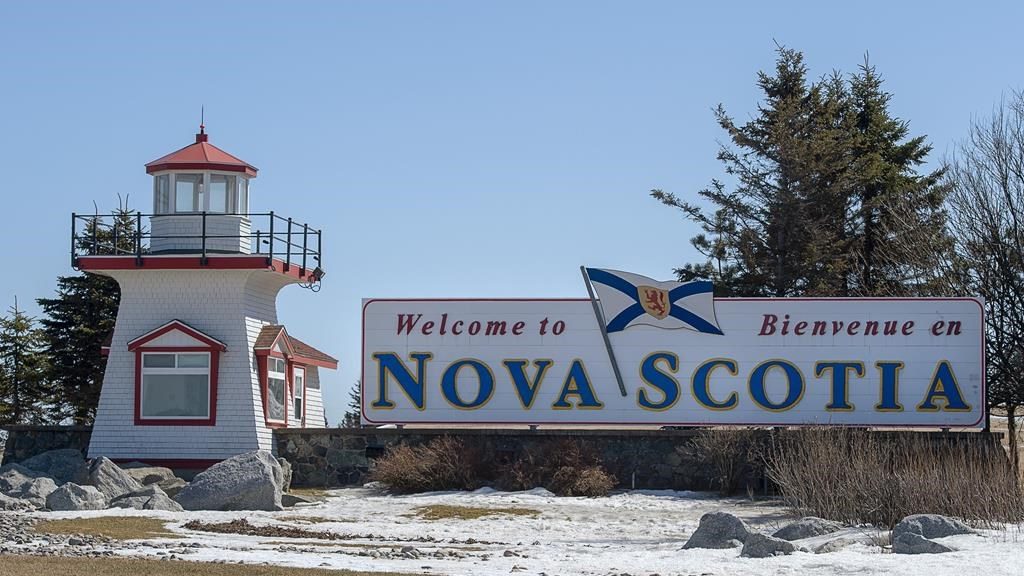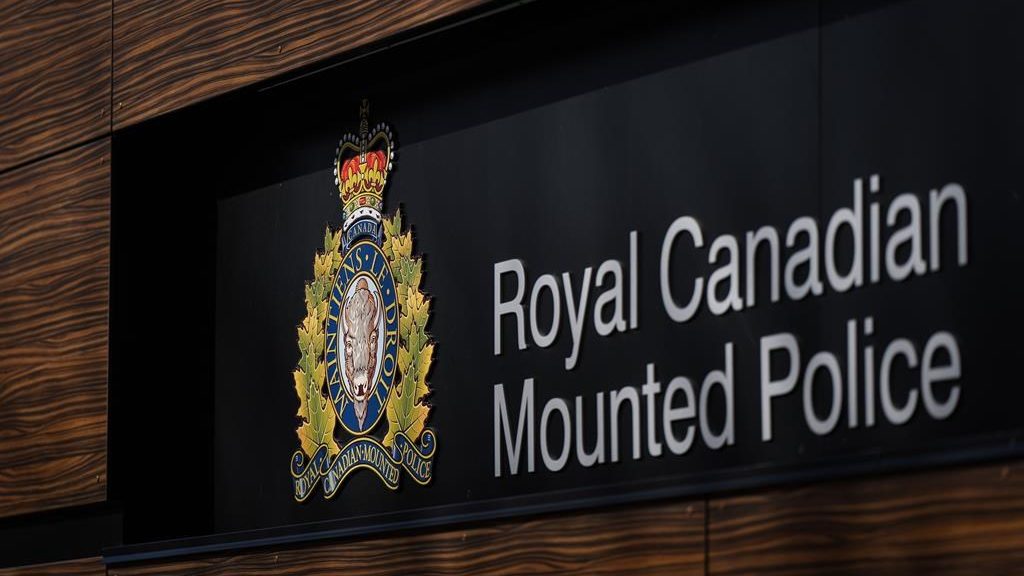Federal minister’s office concerned with Nova Scotia band’s lobster fishery intent
Posted Aug 14, 2021 05:55:00 PM.
HALIFAX — A planned lobster fishery by Nova Scotia's Sipekne'katik First Nation is drawing concern from the federal fisheries minister's office, which calls it an “unauthorized fishery” launching without Departmental involvement.
In a statement released Saturday, Bernadette Jordan's office said the band's self-regulated “treaty fishery,” which is slated to begin Monday, is “very concerning.”
Jordan's office said the department would continue to enforce the Fisheries Act for all harvesters, including those who operate in St. Mary's Bay off southwestern Nova Scotia.
“The Minister has been clear that she is willing to license moderate livelihood fishing, but that must be done in partnership, through negotiation,” the statement said.
Sipekne'katik Chief Mike Sack issued a statement on Friday saying the band is ready to begin a self-regulated treaty fishery that is in accordance with the Mi'kmaw's legal right to fish when and where they want.
The First Nation had recently operated its food, social and ceremonial lobster fishery, which is regulated by Jordan's department, but the fishery licence does not permit the sale of the catch.
Sack said the band's fishery will operate under the principles and guidelines of its own fisheries management plan, which he said is based on “sound conservation measures.”
“Department of Fisheries and Ocean's data has built a historically imbalanced and uninformed structure that favours a multi-billion-dollar commercial industry,” said Sack. “We are a small community with an even smaller fishery that the government of Canada has repeatedly deemed illegal using conservation as the justification for harassing our fishers and the unlawful removal of their traps.”
But Jordan's office said it has tried to negotiate with Sack on a plan for the band to implement a moderate livelihood fishery and would welcome the chief back to continue negotiations at any time.
A 1999 Supreme Court decision allows Indigenous communities to fish for a moderate livelihood, though the court later clarified that Ottawa could regulate the treaty right for conservation and other limited purposes.
“As stated in Marshall II, the minister of Fisheries and Oceans has a role to play in managing this shared resource,” the office said, citing the Supreme Court case at the heart of the issue. “The Minister has a responsibility to ensure that the fishery is regulated and sustainable.”
Her office pointed to an interim agreement that recently allowed Cape Breton's Potlotek First Nation to conduct a so-called “moderate livelihood'' fishery this year.
But in his statement, Sack said the band would transition from its ceremonial fishery and would issue treaty fishery tags to its members.
“We are calling for the meaningful recognition of our treaty rights at this time,” he said.
Sack also called on the non-Indigenous commercial fishery to be “peaceful towards our people” once the fishery begins. The chief could not be reached for comment on Saturday.
A fishery operated by the band erupted in violence last fall when a lobster pound that stored its catch was burned to the ground.
Last week, meanwhile, the RCMP was called in to investigate after several lobster fishing boats operated by Mi'kmaq fishers were purposely cut loose from a wharf in Weymouth North, N.S.
“It is up to all of us to uphold the law,” Jordan's office said. “We remind everyone that harassment, violence and destruction of property is totally unacceptable, and will be referred to the RCMP or police of local jurisdiction.”
This report by The Canadian Press was first published Aug. 14, 2021.
Keith Doucette, The Canadian Press










